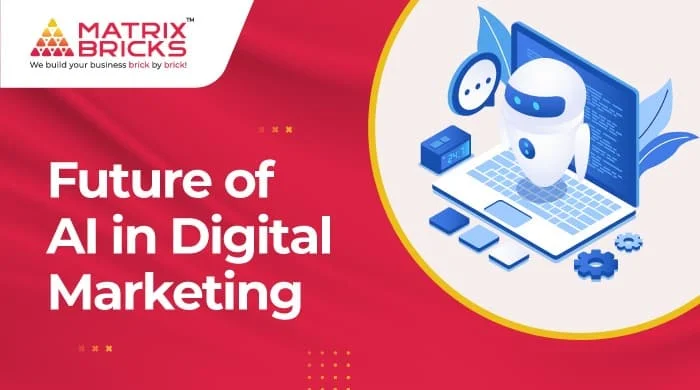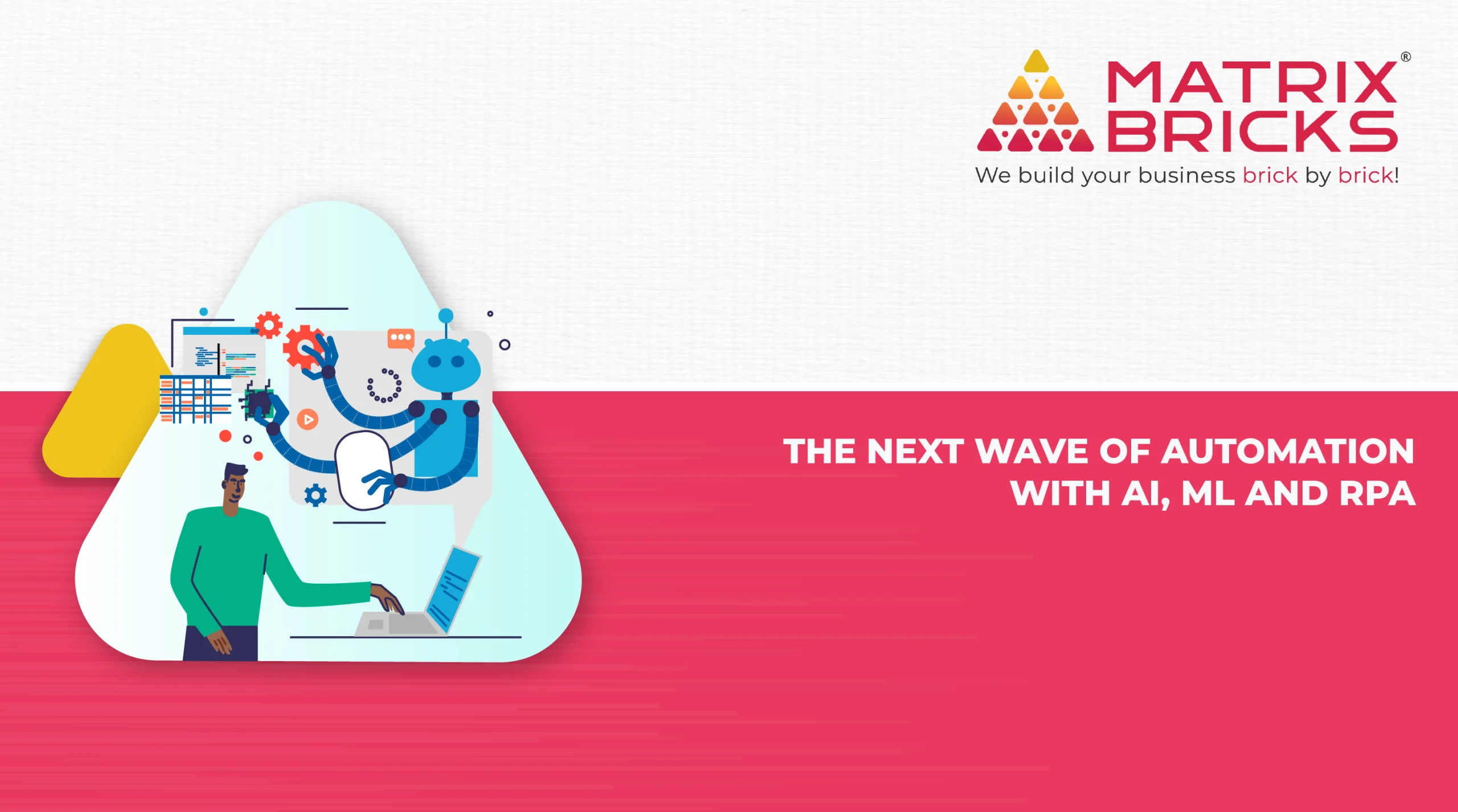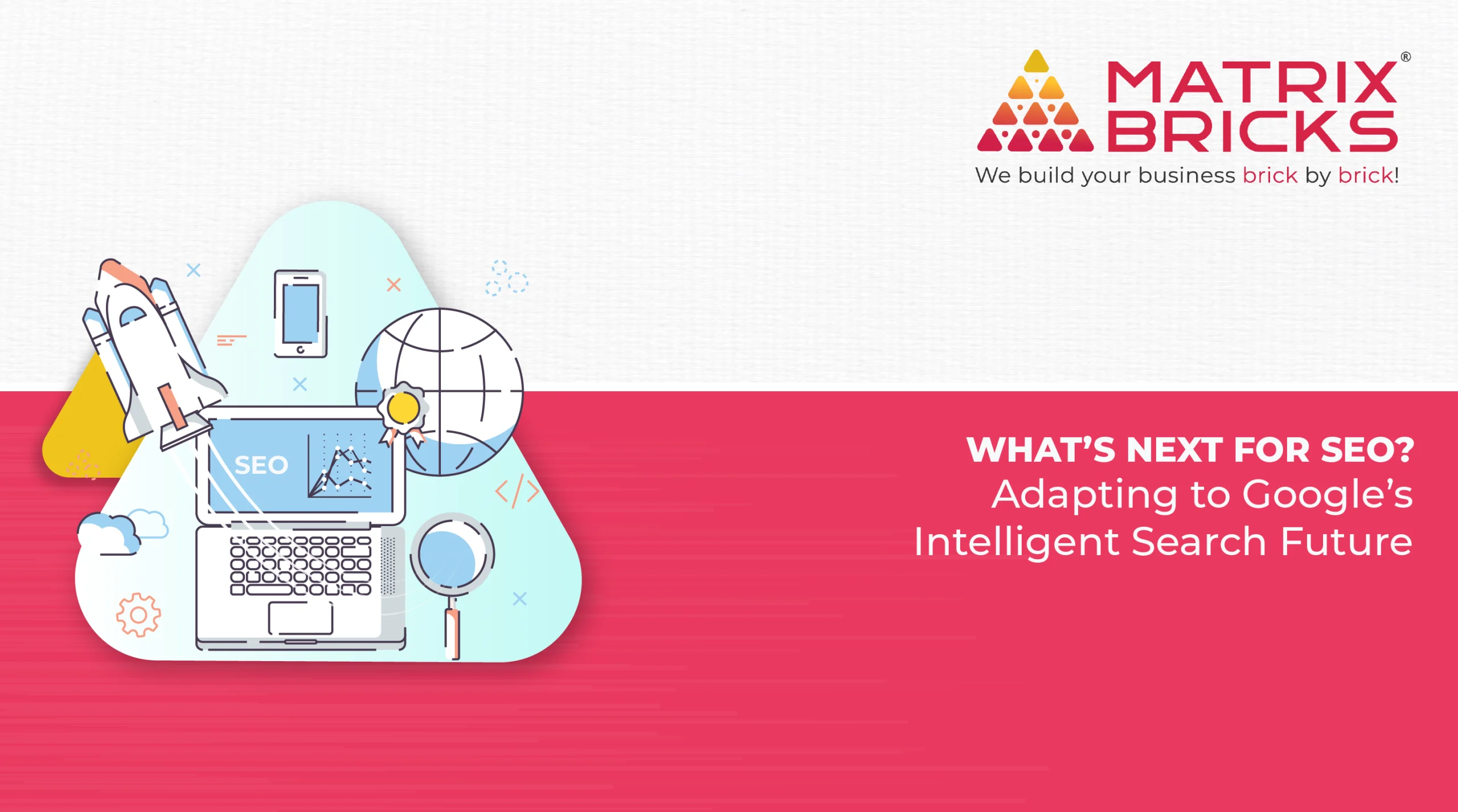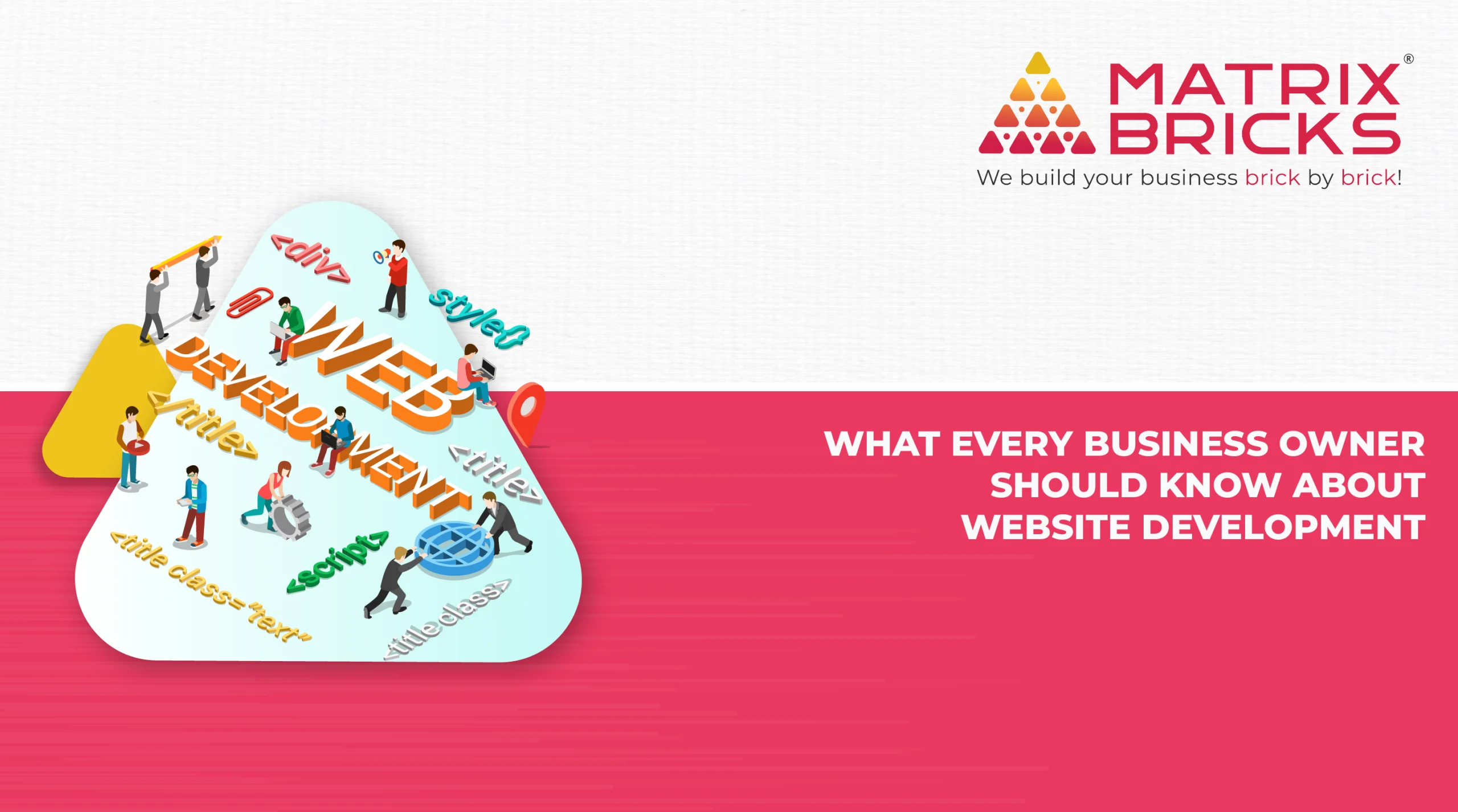
AI has been around for over a good half of a century. Officially breaking into the world as a technology meant for researchers in the 1950s, the modern world finds itself increasingly dependent on AI for tasks that require thinking and decision-making.
What exactly is AI in today’s world?
AI can be described as software that is capable of learning and getting better at doing critical thinking and automation jobs without input from humans.
From voice-based assistants like Amazon’s Alexa to software detecting faces in pictures, AI’s usage can be found everywhere. Some more examples would be the internet predicting what we may like to buy next, self-driving cars and simple customer care inquiries as well.
As you can gather, our world is inundated with AI. And it is steadily transforming the face of businesses as we know them, including that of digital marketing.
Business processes and strategies that earlier would have needed human intervention can now be predicted by machines. AI technology can be seen helping with optimization and speeding up many different marketing tasks, driving conversions, and improving customer experiences.
Here is a list of the top benefits of using AI in your digital marketing:
Targeted marketing
Traditional marketing methods of the old days like advertising through TV, radio, newspaper adverts, and direct mail were conducted for a long time with the knowledge that only a small number of the people who saw these ads ever actually became customers. Sike, right?
Although not an efficient way of marketing, companies didn’t have much choice in advertising their products and services better.
All of this is changing now with the advent of machine-learning technology-augmented platforms, which enable advertisers to target their audience better, by studying relevant data about customers and their buying habits.
This is supplemented by the way that consumers are responding to and interacting with marketing messages. They expect brands to tailor messages according to their location, demographics, or interests.
Studies have shown that consumers today are more likely to interact with personalized marketing messages.

This makes AI-enabled marketing a strong aspect to look into, as it improves ROI by making your marketing – often one of a company’s biggest expenses – more efficient.
AI in CRM
CRM is a valuable aspect of any business, but more so for marketers, as existing customers are often the most important source of a company’s revenue.
AI can be used to identify patterns in consumer behavior that lead them to head elsewhere after coming across your product/ service, i.e. mitigate the risk of customer “churn”.
These deviating customers can then automatically be targeted with incentives or personalized promotions which hopefully, restores their loyalty.
Another way AI is being used for CRM is through chatbot technology.
Because though people could access messaging apps such as Facebook, WhatsApp, etc, to contact companies, these accounts cannot be constantly staffed with customer service agents to respond as it becomes expensive and increases the workload.
Powered by natural language processing, chatbots help marketers reduce the workload and provide a faster response to customers, around the clock.
Search Engine Optimization
As artificial intelligence gets more sophisticated by the day, search engine optimization too has to adapt.
AI is already analyzing data to process search queries, and predict which results will match a given search— at a speed that humans can’t— so it’s only a matter of time until it starts to dominate SEO strategies.
Along with speed, AI has also shown to be immensely useful in obtaining complex strategy insights in the form of conversion, usability optimization, and content development, more reliably.
Since Google confirmed in 2019 that RankBrain was now being used for every search query, several companies have started to experiment with AI and machine learning to try and get ahead of the curve. This has given rise to a whole new plethora of AI-based SEO tools.
For instance, Google, with its AI system RankBrain, is becoming increasingly sophisticated at figuring out the searcher’s “intent”. So if a search is being made for “Apple”, the search engine provides results that try to gauge if the searcher is looking for information about the fruit, the record label, or the technology company. Talk about playing the field big?
Another example would be search engines knowing if a user is on their mobile phone while searching for “coffee shops”, that they’re looking for a coffee shop within a few miles, rather than researching about coffee shops in general.
It is evident now that through natural language processing, machine learning, and technical optimization, AI in SEO is poised to dominate the market at breakneck speed.
PPC Ad Optimization
AI algorithms have enabled businesses to automatically and continually optimize their ads depending on conversions and interactions, instead of the dated A/B testing approach.
With A.I.-powered solutions, tracking and monitoring the development process has become much easier. For PPC in particular, it can be helpful in
Adjusting PPC Bids Anonymously
This can be done by making small changes to the code and adjusting the campaigns. This makes your PPC efforts more effective, for instance, you won’t bid too low for an ad that will help you generate quality leads.
Improving Retargeting
Tracking software can be pulled up to understand the connection between leads gathered by your offline efforts and set campaigns, by using A.I.-powered analytics. When offline conversions are analyzed, it’s possible to improve your retargeting efforts.
Improved Business Intelligence
Machine learning helps develop the right algorithm that works for your business. It has automated predictive analytics that allows models to go into production much sooner than traditional business intelligence (BI) models.
With every new data that’s ingested, the models “learn” and adjust. A continuous feedback loop is created which allows for improved performance in a shorter time period, with much better accuracy.
To sum it up, advanced artificial intelligence can seem intimidating, and put you off from exploring the possibilities of AI in marketing. But the catch is that the marketing software which uses this technology is very user-friendly and easy to implement with existing systems.
So if you’ve not already explored the world of AI-powered solutions, today would be a good day to get started!





